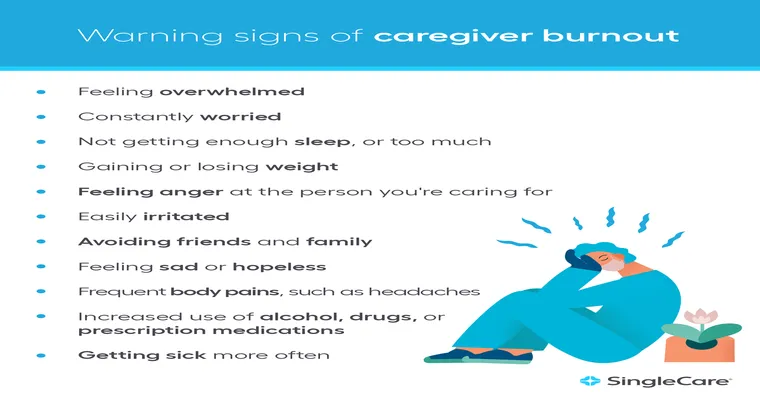As a caregiver, the "emotional" and "physical" toll of providing support to a loved one can be immense, and preparing for the conclusion of your caregiving watch is an important step. Whether the transition is due to a loved one’s recovery, a move to a different care facility, or the sad reality of loss, understanding how to navigate this change can help you approach it with clarity and resilience. Here are some essential steps to consider as you prepare for the end of your caregiving period.
Reflect on Your Experience
Before your caregiving watch comes to an end, take some time to reflect on your journey. Think about the "challenges" you faced, the "memorable moments" you shared, and the "lessons learned". Journaling your thoughts can be therapeutic and allows you to process your feelings. Acknowledging your emotions is crucial; it's normal to feel a mix of relief, sadness, and uncertainty about the future.
Communicate with Your Loved One
If possible, have an open and honest conversation with your loved one about the transition. Discuss their feelings and concerns regarding the end of your caregiving watch. This dialogue can help both of you prepare for the change ahead and strengthen your bond during this pivotal time. Ensure that they feel supported and understood throughout the process.
Seek Support from Others
As you prepare for the end of your caregiving role, don't hesitate to reach out for support. Connect with other caregivers, friends, or family members who can empathize with your situation. Joining a "support group" can provide a safe space to share your experiences and feelings. Professional counselors or therapists can also offer valuable guidance during this emotional period.
Plan for the Future
Consider what life will look like after your caregiving watch ends. Set goals for your own "self-care" and personal growth. Think about activities or hobbies you may have put on hold and create a plan to reintroduce them into your life. This proactive approach can help you focus on the future and regain a sense of normalcy.
Organize Important Documentation
Ensure that all important documents and care plans are organized and accessible. This includes medical records, medication lists, and any legal documents that may need attention. Having everything in order can ease the transition for everyone involved and ensure that your loved one's needs continue to be met after your caregiving role changes.
Acknowledge Your Feelings
It's essential to recognize that the end of your caregiving watch can bring about a range of emotions. Allow yourself to grieve the loss of your role and the changes in your relationship dynamics. Acknowledging your feelings and seeking healthy outlets for them, such as talking to friends or engaging in creative activities, can be beneficial.
Focus on Self-Care
As your caregiving responsibilities wind down, prioritizing "self-care" is crucial. Engage in activities that rejuvenate you, whether it's exercise, meditation, or spending time with loved ones. Taking care of your physical and emotional well-being will help you adjust to this new chapter in your life.
Celebrate the Journey
Lastly, take the time to celebrate the journey you shared with your loved one. Acknowledge the positive impact you had on their life and the memories you created together. Consider planning a small gathering or a special activity to honor this chapter, allowing for closure and gratitude.
In conclusion, preparing for the end of your caregiving watch involves reflection, communication, support, and self-care. By taking these steps, you can navigate this transition with confidence and grace, ensuring that both you and your loved one move forward positively. Remember, it's okay to seek help and prioritize your own needs during this time of change.





